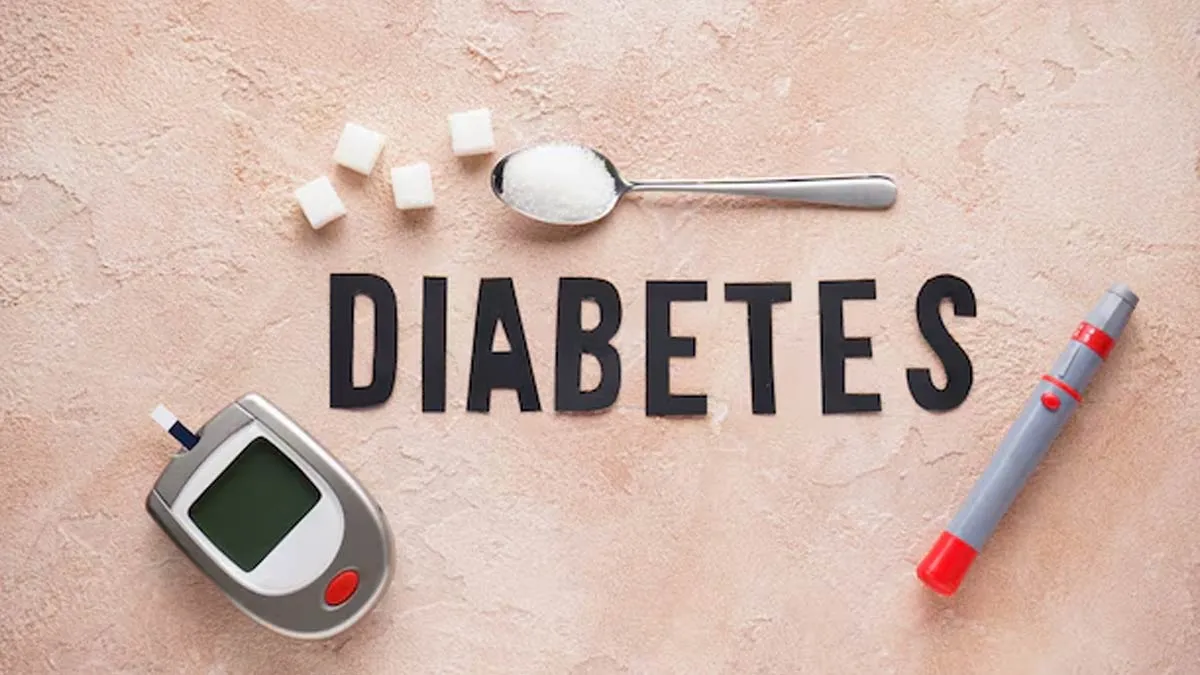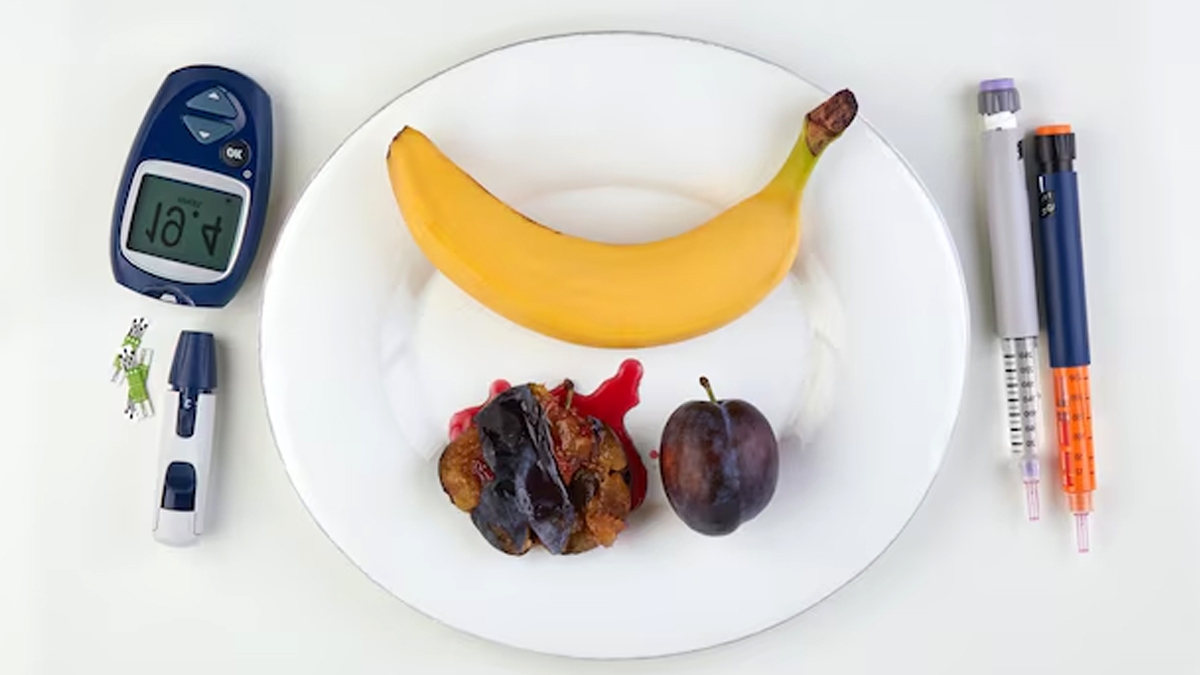
As we step into 2025, it’s the perfect time to break free from the myths surrounding diabetes and take control of our health. Many of us have been misled by misconceptions about what diabetes means for our lives, and it’s easy to feel overwhelmed. But the truth is, with the right knowledge, lifestyle changes, and mindset, we can manage and even reverse diabetes. Whether you are recently diagnosed or living with diabetes for years, knowing the facts behind diabetes can give you enough power to help bring into reality positive change. We spoke to Anoop Gupta, Diabetes Reversal Coach, Author, Mental wellness Expert, and Founder, Diabefreelife, who breaks down the most common myths, which reveal actionable steps toward better blood sugar control:
Table of Content:-
What Every Diabetic Should Know to Start 2025 Right
Myth 1: Diabetes Is a Life Sentence

Many people believe that, once it is diagnosed, diabetes is with them for life. "Indeed, the fact is, diabetes does require careful management, and there is already much evidence that it could even be reversed or turned around considerably with lifestyle intervention," clarified Gupta.
According to a 2017 study, 75% of young adults with newly diagnosed type 2 diabetes achieve remission within one year, and 68.75% achieve remission within two years through a combination of a low-calorie diet and regular physical exercise. Therefore, we recommend that all young, newly diagnosed type 2 diabetes patients undergo Intensive Lifestyle Therapy (ILT) to achieve diabetes remission.
Action Step: Whole foods, exercising, managing stress, and quality sleep can help restore your body to its good balance. Eliminate the processed foods and bring in the vegetables, good fats, and lean proteins. Consistency is key to success over time.
Myth 2: Sugar Is the Enemy
It's pretty obvious for people to think that the problem of diabetes is sugar phobia, but it's so much more than that. Not just sweets, any type of carbohydrates can impact blood sugar levels. Healthy carbs like whole grains, fruits, and starchy vegetables can all raise blood sugar if overdone.
Action Step: Adding carbs with protein and healthy fats will slow down the rate of sugar absorption. For example, one handful of berries with a few almonds, slices of avocado, etc.
Also Read: Addressing India's Diabetes Dilemma Never Too Early To Test But May Be Too Late To Treat
Myth 3: Medicine Alone Will Cure

Medications are essential in the treatment of diabetes, but it's crucial to recognise that they are not the sole option. With lifestyle modifications, we can manage and even eliminate diabetes without depending on the medicines. This can be achieved by addressing the root causes of insulin resistance and not just the symptoms.
Action Step: Work out for 30 minutes every day. You can go for walks, do yoga, dance, etc. Workout activity raises your body's sensitivity toward insulin because its efficiency related to glucose uptake increases.
According to the Diabetes Journal, exercise has been proven to enhance blood glucose control, lower cardiovascular risk factors, aid in weight loss, and boost overall well-being.
Myth 4: You cannot have or eat your favourite food
"It scares many because they believe it will be too extreme, giving up all their favourite foods. The good news is for most, there is moderation and smart substitution: white rice can be swapped out with cauliflower rice and almond flour can be used instead of refined flour when baking," advised Gupta.
Action Step: Try healthier versions of your favourite foods. The secret is portion control and balance with your plate full of non-starchy vegetables and proteins.
Also Read: Think You’re Safe From Diabetes Because You’re Slim? Here’s Why You Should Think Again
Myth 5: Stress Does Not Raise Blood Sugar

Stress is the silent partner to blood sugar levels. Stress elevates the levels of hormones, such as cortisol, which can elevate blood sugar. Knowing how to manage stress is as important as nutrition and exercise.
According to Diabetes Education, when stressed, the body ensures enough energy is available by lowering insulin levels while increasing glucagon, adrenaline, growth hormone, and cortisol. This process releases more glucose from the liver and reduces the sensitivity of muscles and fat to insulin, raising blood glucose levels.
Action Step: Spend 5–10 minutes a day engaging in some form of mindful practice, such as deep breathing, meditation, or gratitude journal. These small habits will help keep the stress levels down that would otherwise have destabilised your glucose levels.
Confidence In 2025
Gupta concluded, “The first step to improving your health is breaking free from the myths surrounding diabetes. Once you understand the truth, you can make choices that lead to better blood sugar control and overall well-being. Remember, diabetes doesn’t define you. With the right strategies, you can start 2025 feeling strong and empowered. Small, daily changes will set you on a path to a healthier future—and your future self will thank you for it!”
[Disclaimer: This article contains information provided by an expert and is for informational purposes only. Hence, we advise you to consult your professional if you are dealing with any health issues to avoid complications.]
Also watch this video
How we keep this article up to date:
We work with experts and keep a close eye on the latest in health and wellness. Whenever there is a new research or helpful information, we update our articles with accurate and useful advice.
Current Version